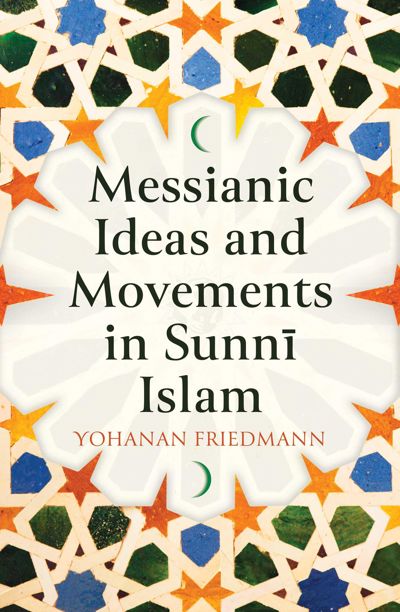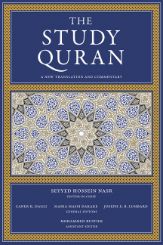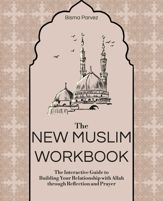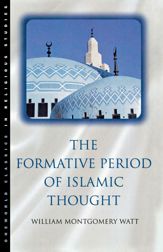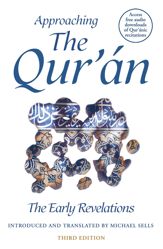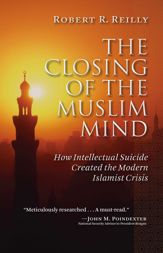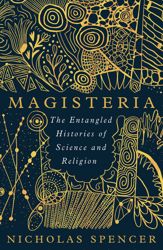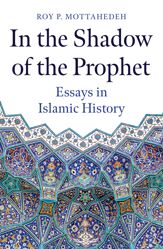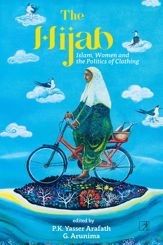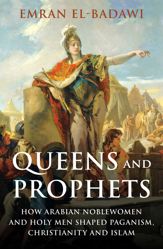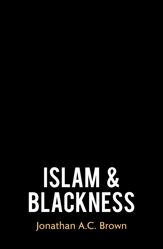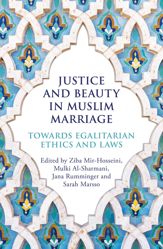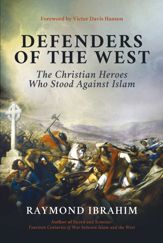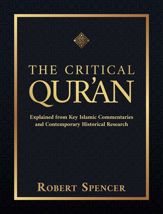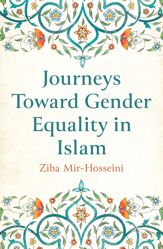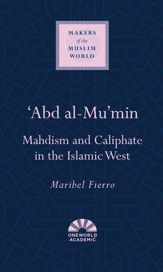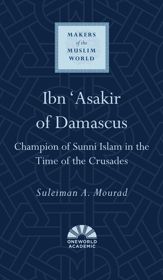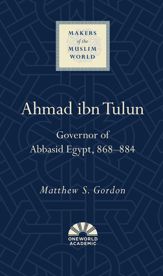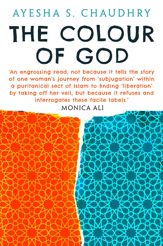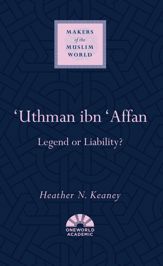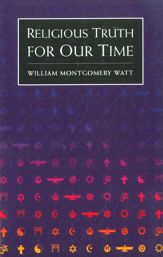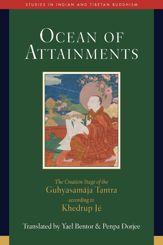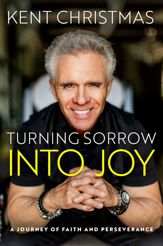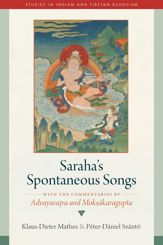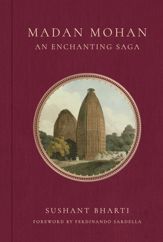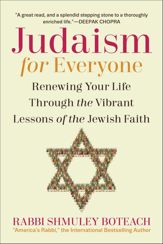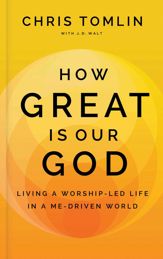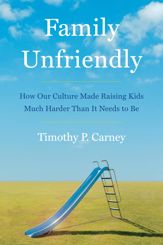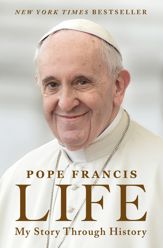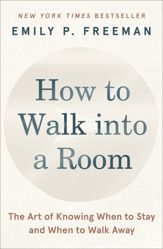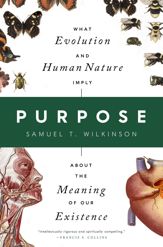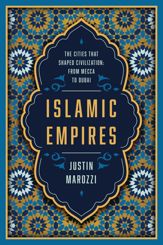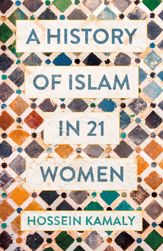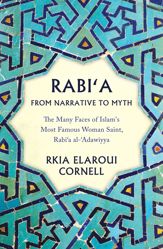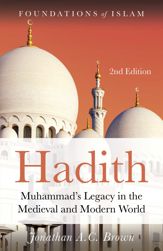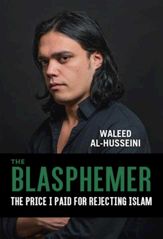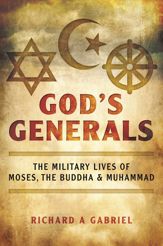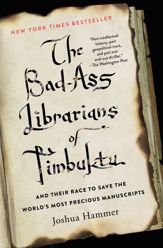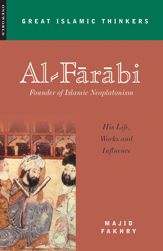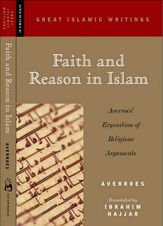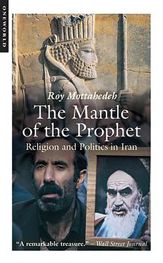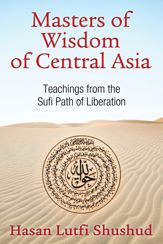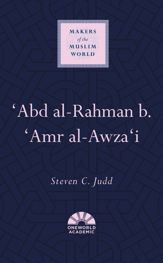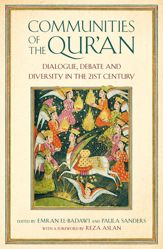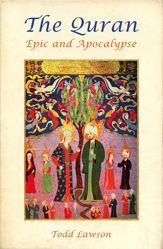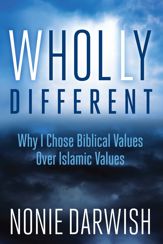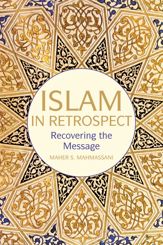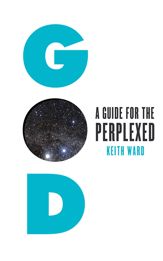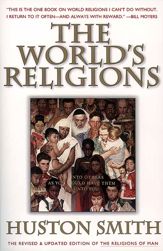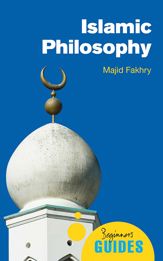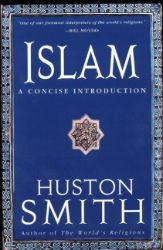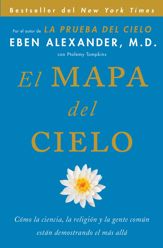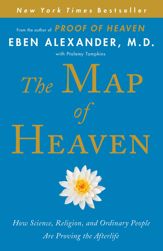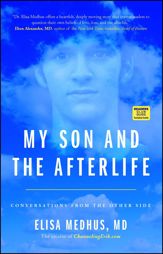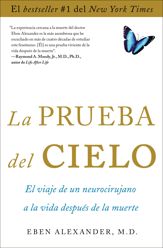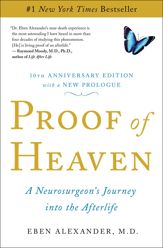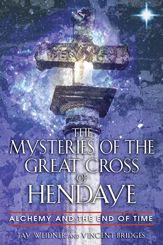‘A wealth of information... This book does far more than fill a gap in scholarship on messianism in Sunni Islam. It offers a far-reaching analysis of mahdis in dialogue with the historic tradition that inspired and shaped them, and provides insights into the patterns of messianic thinking that continues to infuse militant Muslim movements today. It makes a major contribution to our understanding of messianism in Islam, of the study of messianism more broadly, and of the power of religious ideas to change the world.’
Description
Expectation of a redeemer is a widespread phenomenon across many civilizations. Classical Islamic traditions maintain that the mahdi will transform our world by making Islam the sole religion, and that he will do so in collaboration with Jesus, who will return as a Muslim and play a major role in this apocalyptic endeavour.
While the messianic idea has been most often discussed in relation to Shi‘i Islam, it is highly important in the Sunni branch as well. In this groundbreaking work, Yohanan Friedmann explores its roots in Sunni Islam, and studies four major mahdi claimants – Ibn Tumart, Sayyid Muhammad Jawnpuri, Muhammad Ahmad and Mirza Ghulam Ahmad – who made a considerable impact in the regions where they emerged. Focusing on their religious thought, and relating it to classical Muslim ideas on the apocalypse, he examines their movements and considers their achievements, failures and legacies – including the ways in which they prefigured some radical Islamic groups of modern times.
Reviews
‘A significant and thoughtful book on the phenomenon of “mahdism,” a subject that in the Sunni tradition has been traditionally understudied. And, yet, as Friedmann points out, such movements have had a significant impact in Islamic history.’
‘Friedmann’s study provides important historical depth… Friedmann reminds us of the potency of the messianic idea.’
‘Building on his earlier rich forays into Islamic apocalypticism, Friedmann offers a clear and succinct account of Sunni mahdism in history. Deftly choosing his case studies and progressing effortlessly from early Islamic to medieval and modern times, he corrects a significant imbalance in previous scholarship on the figure of the mahdi: the tendency to privilege Shi‘i conceptions. An excellent launchpad for anyone wishing to make the acquaintance of the Sunni mahdi.’
